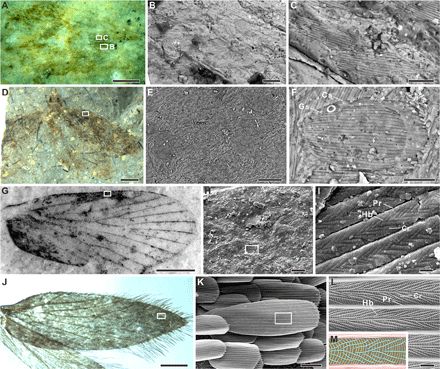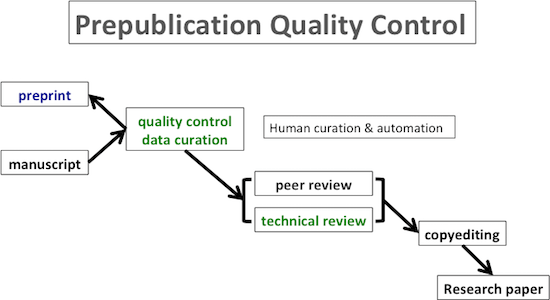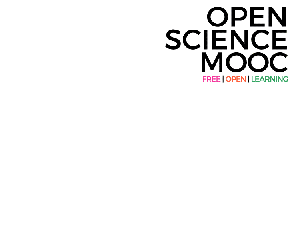Weekly news roundup: 20th April, 2018
Welcome to your usual weekly roundup of vaguely interesting stuff that happened in the last week! Enjoy, and let me know if I’ve missed anything out.
Palaeontology news
- Witts et al: The impact of the Cretaceous–Paleogene (K–Pg) mass extinction event on the global sulfur cycle: Evidence from Seymour Island, Antarctica.
- Witts et al: Evolution and extinction of Maastrichtian (Late Cretaceous) cephalopods from the López de Bertodano Formation, Seymour Island, Antarctica.
- Souza and Campos: New Crocodyliform specimens from Recôncavo-Tucano Basin (Early Cretaceous) of Bahia, Brazil.
- Bernardi et al: Dinosaur diversification linked with the Carnian Pluvial Episode.
- Zhang et al: Multiple episodes of extensive marine anoxia linked to global warming and continental weathering following the latest Permian mass extinction.
- Zhang et al: Fossil scales illuminate the early evolution of lepidopterans and structural colors.

- Tsai and Fordyce: A new archaic baleen whale Toipahautea waitaki (early Late Oligocene, New Zealand) and the origins of crown Mysticeti.
- Salishicetus meadi, a new aetiocetid from the late Oligocene of Washington State and implications for feeding transitions in early mysticete evolution.
- Bianucci et al: A new large squalodelphinid (Cetacea, Odontoceti) from Peru sheds light on the Early Miocene platanistoid disparity and ecology.
- Gentry et al: A new species of Peritresius Leidy, 1856 (Testudines: Pan-Cheloniidae) from the Late Cretaceous (Campanian) of Alabama, USA, and the occurrence of the genus within the Mississippi Embayment of North America.
Open Science News
- My Green OA experience – Liz Martin-Silverstone discusses ‘Green’ Open Access and her experience using paleorXiv.
- Launch of the new journal platform, African Academy of Science Open Research. Whoop!
- PRESS RELEASE: In 2018, French researchers will no longer have access to Springer Nature journals: the consortium Couperin.org is not renewing the previous national agreement with this publisher.
- French researchers pledge to go without Springer journals. ‘No more direct access to Springer’s latest papers? No problem,’ says petition, signed by nearly 4,000
- Why Open Access big deals are worse than subscriptions – Björn Brembs.
- Recent APC price changes for 4 publishers (BMC, Hindawi, PLOS, PeerJ) – Heather Morrison.
- See also: Frontiers: 40% journals have APC increases of 18 – 31% from 2017 to 2018.
- Canada’s Commitment to Open Science.
- The citation graph is one of humankind’s most important intellectual achievements – Dario Taraborelli.
- Report lifts lid on cost of subscription deals with publisher: A switch to open access could save hundreds of millions of euros, says analysis from the European University Association – Times Higher Education. Note, this is something that has been known for many years now.
- Here’s the report from the EUA itself.
- New database: Journal publishers and platforms outside USA, Europe and Australia.
- Sotudeh and Ghasempour: The World’s Approach toward Publishing in Springer and Elsevier’s APC-Funded Open Access Journals.
- Campbell and Gustafson: Conditional equivalence testing: An alternative remedy for publication bias.
- Hardwicke and Ioannidis: Mapping the Universe of Registered Reports.
- “If we want to share results in a reproducible and discoverable manner, both quality control and curation should become part of the preprint process.” – Bernd Pulverer, EMBO Press.

- Dimensions: re-discovering the ecosystem of scientific information: “..it is concluded that Dimensions is an alternative for carrying out citation studies, being able to rival Scopus (greater coverage and free of charge) and with Google Scholar (greater functionalities for the treatment and data export).” Neat.
- The Open Science Training Handbook is available via GitBook now.
- 73 percent of academics say access to research data helps them in their work; 34 percent do not publish their data.
- Researchers Have the Power to Change Publication Incentives. Nobody Else. – Marcus Banks.
- Springer Nature and ResearchGate announce new cooperation to make it easier to navigate the sharing of academic journal articles.
Jon stuff
- Joined the Figshare Ambassadors program, finally! Learn more here.
- Invited to give a talk at the PEERE peer review summer school in Split, Croatia. Awesome bunch of people in the line up here!
- Blog post on the concept of ‘Peer Review by Endorsement’.
- Invited to give a keynote talk at the 13th Munin Conference on Scholarly Publishing in Norway!
- Updated the Open Science MOOC GitHub repo to include production guideline files.
- Knowledge Exchange report covers a talk I delivered for them in Paris: “Jon believes that the term Open Science and the ‘movement’ it implies can be off-putting. The debates about brands of Open are seen as boring and irrelevant to researchers, despite them often being the target audience. If Open is inclusive why do a lot of researchers not know or recognise the terms even if they may be doing it? His thesis is that all good scholarship should be open – it should be an essential part of accepted standards of research integrity, not
part of the avant-garde.“ - Happy to announce that the first strategic partner for the Open Science MOOC is the excellent Open Knowledge Maps, founded by Peter Kraker.

Other stuff
- Gómez-Hoyos et al: Multinomial-Poisson mixture models reveal unexpected higher density estimates of an Andean threatened bird.
- Liu et al: Payments by US pharmaceutical and medical device manufacturers to US medical journal editors: retrospective observational study. “Industry payments to journal editors are common and often large, particularly for certain subspecialties. Journals should consider the potential impact of such payments on public trust in published research.“
